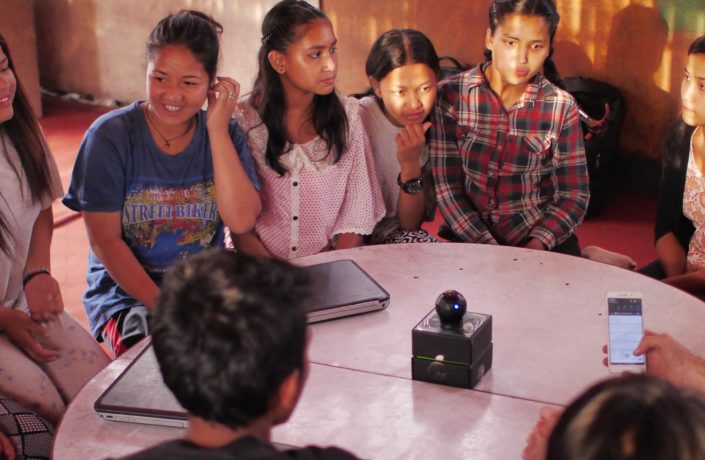 Insight
Insight


The root cause for the Institute of Coding’s existence is the digital skills gap. The demand for people to fill roles within the digital technology sector has grown by 150% over the past 4 years and this demand is only set to increase. [1] In addition, digital skills are fast becoming essential to every industry. To tackle this gap and ensure that this demand is met, the IoC is addressing the volume of learners on digital skills courses, the alignment of their skills with what employers need, and in particular, the diversity of learners entering the digital industry through higher education.
There are many reasons why we need to focus on improving diversity and inclusion in digital. First, the sector cannot continue to grow if we only speak to those who have always been accepted in this field. We know that the tech industry is expanding 2.6 times faster than the rest of the UK economy, but it will be extremely difficult to sustain that growth if a large and skilled workforce does not exist.
Second, a diverse digital workforce creates products that serve a broader range of people. If a single homogenous group are designing a product, there are naturally going to be omissions made due a lack of different perspectives. If we ensure that diverse groups are encouraged into digital, products coming out of the industry will be better, more innovative and will serve a wider group of people.
Finally, I believe it is right and ethical to improve the opportunities for groups who may not have traditionally been included in the digital sector.
Higher education can be a primary pathway to create a more diverse workforce and is essential to developing trained specialists in sought-after areas like cyber security and artificial intelligence. However, the traditional route of completing an under- or post-graduate degree does not work for some learners who may have time constraints, household obligations or other reasons that keep them from travelling to a university for an extended period. To address this, the IoC is creating new pathways to the digital sector that include online and short courses, tasters and degree apprenticeships.
Since our launch in January 2018, the IoC has been providing a new approach to digital learning via higher education. We’ve launched over 70 courses in varying formats and engaged over 25,000 learners on these courses. Our courses are formed with input from industry, so our learners know they’re getting the skills employers need, and enable people already in work to gain the digital skills required by their jobs. We have another tranche of courses arriving in 2020, which will include modular learning for a more tailored education experience, and automated learner support to prepare learners for work.
Outside of these courses, our consortium is working to make the digital industry more diverse and inclusive. Programmes like Tech UP at Durham University are engaging hundreds of women from various backgrounds and helping them to kick-start their careers in tech. Our new diversity campaign, CTRL Your Future, showcases the exciting digital opportunities on offer in fashion, design, gaming and activism, and encourages people to explore these different pathways into a digital career.
The digital skills gap in the UK requires a fundamental structural change that joins employers and educators more closely together so they can work for change and we are putting this in motion. Potential learners already have the difficult job of navigating the landscape of the digital industry, and the IoC exists to make their journey easier.
Originally posted here